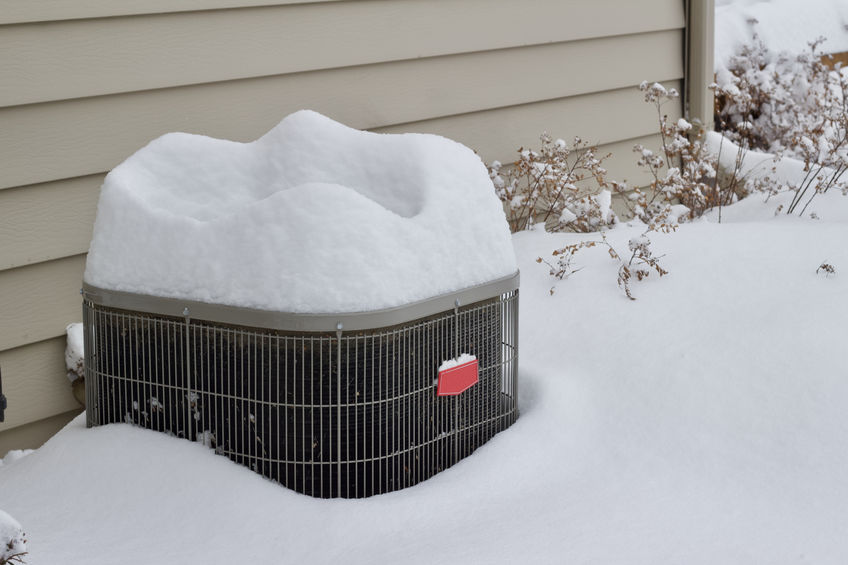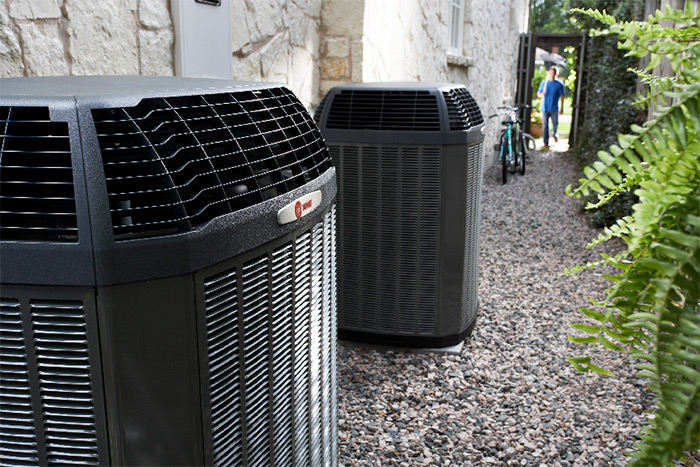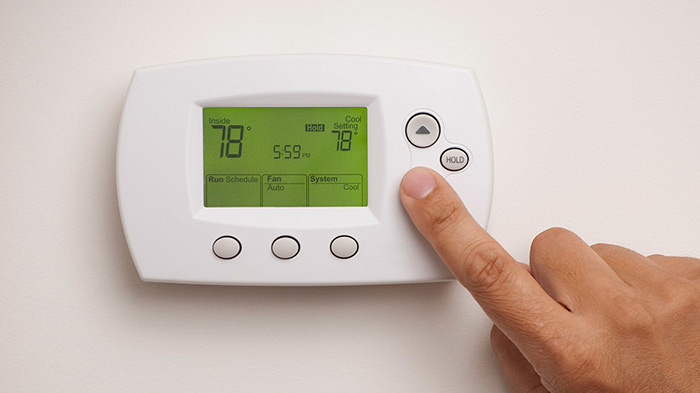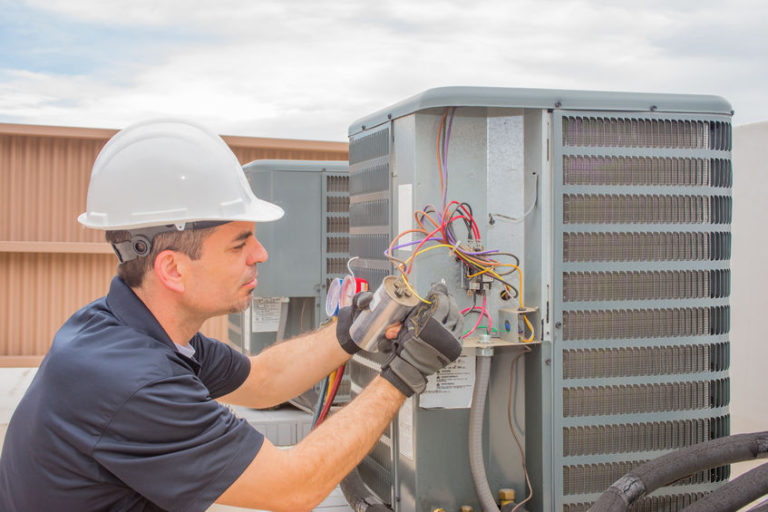Winter might feel far off, but when those freezing temperatures arrive, you don’t want to discover an issue with your heating system that you could’ve addressed sooner. Everyone knows proper maintenance is key to prolonging the life of any machine, and your home’s HVAC is no exception. Having your HVAC system break down in the middle of winter will literally leave you out in the cold. Let’s not take that risk.

If you aren’t sure exactly how to prepare your HVAC system for winter, here are some key tips and to-dos from the indoor comfort experts at All Air Systems to check off this fall. Annual maintenance is cheaper than emergency HVAC repairs that could have been avoided!
Schedule a maintenance appointment each fall and spring.
Maintaining your equipment to prevent future problems and unwanted costs is smart and will keep your cooling and heating system at peak performance. Contractors get busy once winter is in full swing, so it’s best to check heating systems in the early fall, so that any potential issues can be addressed in a timely manner. The best time for HVAC maintenance is during colder seasons when your AC and furnace are needed the least. By scheduling checkups twice a year with your local HVAC technician, you can ensure your system is in good working order before you need it most.
Before the pro arrives, check for unusual odors, abnormal noises, and leaks in the ductwork—telltale signs of potential issues, so you can make the most of your technician’s time (and your money).
Other than service calls, there are several other important maintenance solutions you should be aware of, including:
- Check for Drafts:
- If your home is losing heat, your HVAC system will need to work twice as hard to produce your desired temperature. And when your system works harder, it will not last as long and your monthly energy bill rises.
- Attic Insulation:
- By adding insulation to the attic and cutting down on heat loss, you could reduce your energy bill by as much as 30%.
- Home Energy Audit:
- This means having a professional heating and cooling inspector come to your home to check windows, doors, attics, and other places where energy could be lost. Your inspector will compile a list of recommendations on how to make your home more energy efficient. This energy audit will only cost you around $30.00 but could save you hundreds of dollars every year in energy costs.
Turn down the heat when you need it least.
A smart thermostat is key to energy savings during the winter season. A connected unit like the Trane XL824, with wi-fi connectivity and a smart phone app, lets you track and control energy consumption throughout the house, even when you’re away.
To achieve the most savings, Energy Saver suggests setting your thermostat to 68 degrees Fahrenheit when you’re home, then lowering the temperature 10-12 degrees at night (when your comforter is keeping you warm) or during the day when you’re away—no sense heating an empty house. You can program this, set up a geofence, or control it from your smart phone app. This simple trick can shave 10% off your heating bill.
The advanced adaptive technology of Trane’s Energy Star certified XL824 thermostat using the new Energy Savings feature learns your preferences and optimizes for a balance of comfort and efficiency. Plus, the XL824 allows you to automate, monitor, or control your HVAC remotely in real time with a smartphone, tablet, or computer, and program up to four temperature schedules a day to ensure an efficient, comfortable home all winter.
If it is time to replace your furnace, consider a fuel-efficient unit like the new Trane S9X2 Gas Furnace. With 2-stage gas heat, the furnace is Energy Star certified and 1% airtight—meaning it meets the most stringent building codes—so it can deliver comfortable heating that’s quieter and more efficient than most others on the market.
Change your air filter and clean air vents
Inspection, cleaning, or replacement of air filters is a vital part of preventative maintenance. A dirty filter can increase energy costs and damage your equipment, leading to early failure. Intakes should be inspected for cleanliness and any potential leaks.
Cover the A/C Condenser Unit
Once you’re far enough along in the autumn season to turn off your A/C, cover the outdoor condenser unit. You can use a large square of plywood or a trash can lid held down with bungee cords. This will protect it from falling debris and ice.
If you have any further questions or wish to schedule a service call, please contact All Air Systems Heating and Air Conditioning by calling 732-888-0952 or Contact Us today!



